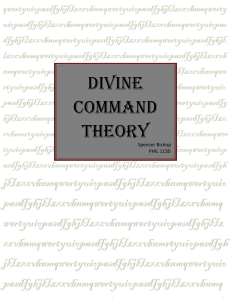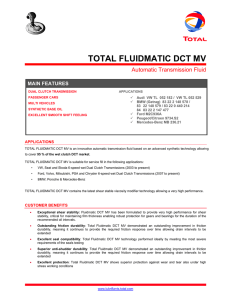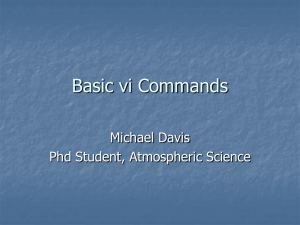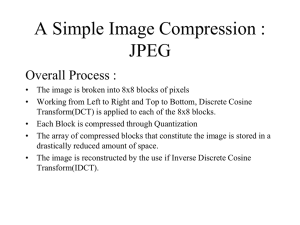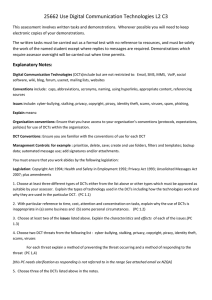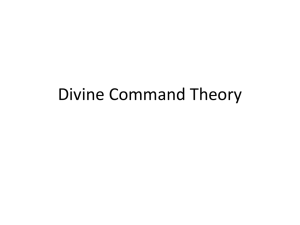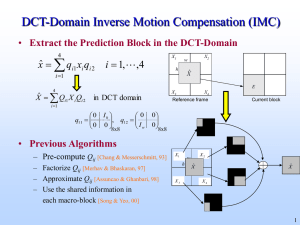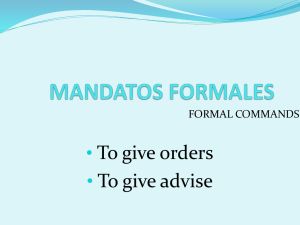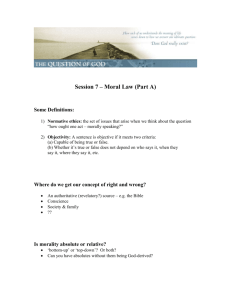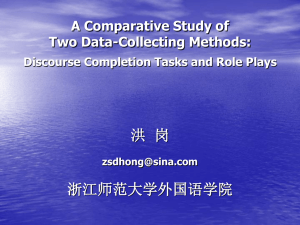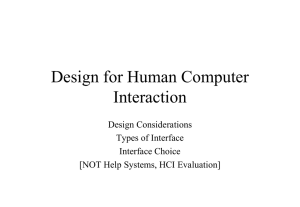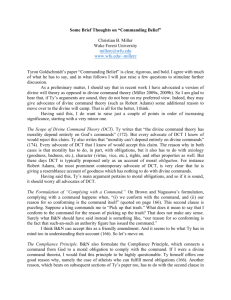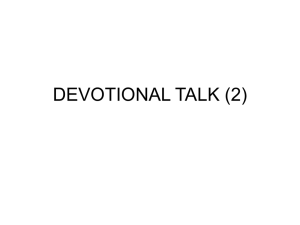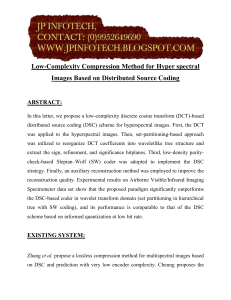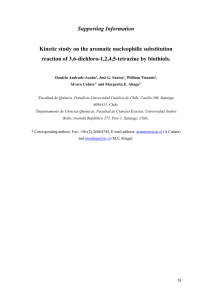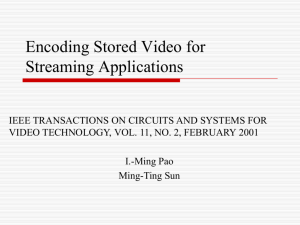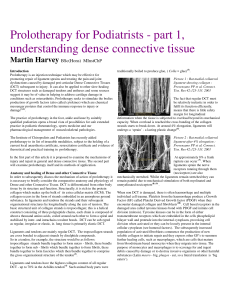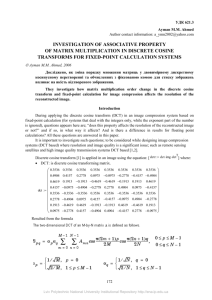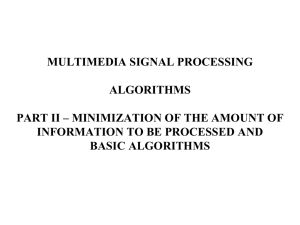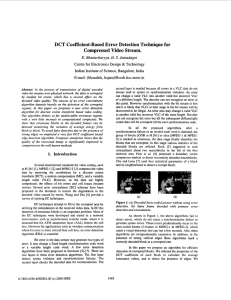Divine Command Theory of Moral Obligation
advertisement
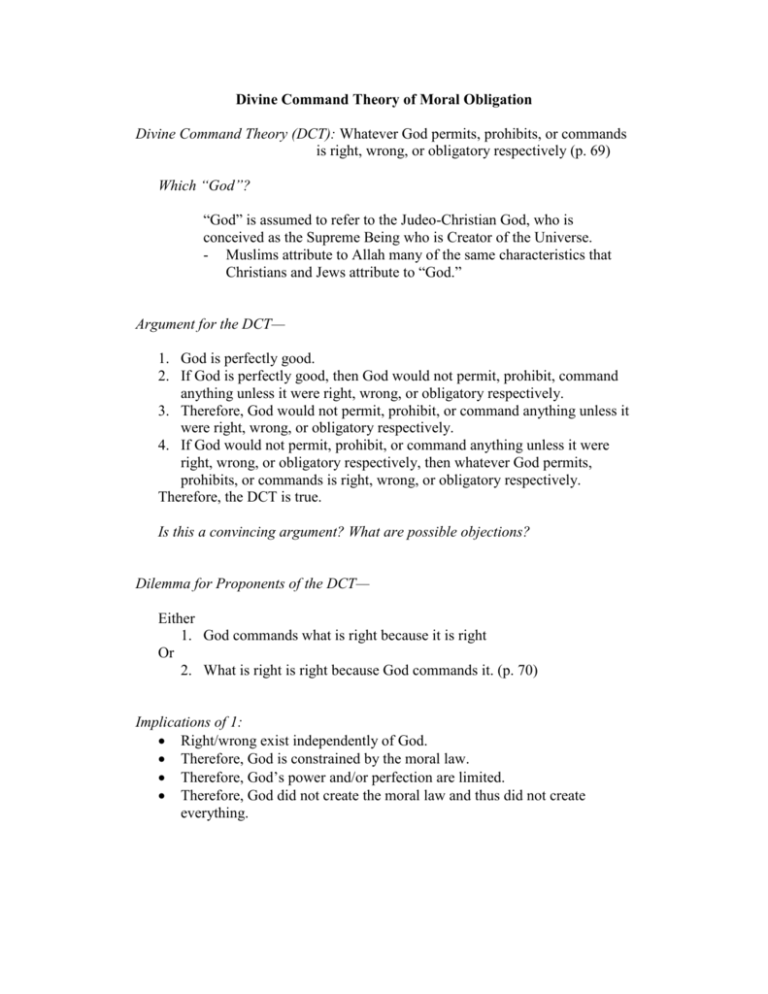
Divine Command Theory of Moral Obligation Divine Command Theory (DCT): Whatever God permits, prohibits, or commands is right, wrong, or obligatory respectively (p. 69) Which “God”? “God” is assumed to refer to the Judeo-Christian God, who is conceived as the Supreme Being who is Creator of the Universe. - Muslims attribute to Allah many of the same characteristics that Christians and Jews attribute to “God.” Argument for the DCT— 1. God is perfectly good. 2. If God is perfectly good, then God would not permit, prohibit, command anything unless it were right, wrong, or obligatory respectively. 3. Therefore, God would not permit, prohibit, or command anything unless it were right, wrong, or obligatory respectively. 4. If God would not permit, prohibit, or command anything unless it were right, wrong, or obligatory respectively, then whatever God permits, prohibits, or commands is right, wrong, or obligatory respectively. Therefore, the DCT is true. Is this a convincing argument? What are possible objections? Dilemma for Proponents of the DCT— Either 1. God commands what is right because it is right Or 2. What is right is right because God commands it. (p. 70) Implications of 1: Right/wrong exist independently of God. Therefore, God is constrained by the moral law. Therefore, God’s power and/or perfection are limited. Therefore, God did not create the moral law and thus did not create everything. Implications of 2: Anything could conceivably turn out to be right—e.g., torturing children. God is the creator of morality itself; therefore, God is not subject to the rules of morality. Since God is not subject to the rules of morality, God’s actions are neither right nor wrong. Since god’s actions are neither right nor wrong, it makes no sense to say that God is morally good. Argument against the DCT— 1. If the DCT is true, then either (1) God commands actions because they are right or (2) actions are right because God commands them. 2. In either case—(1) or (2)—the implications are unacceptable. Therefore, the DCT is false. Other Problems with the DCT— It is difficult to know what God’s commands are. (E.g., which religion/denomination is the true religion/denomination?) Some of God’s commands appear to conflict with each other—e.g., God’s commandment not to kill and God’s supporting certain groups of people in war (e.g., battle of Jericho)

